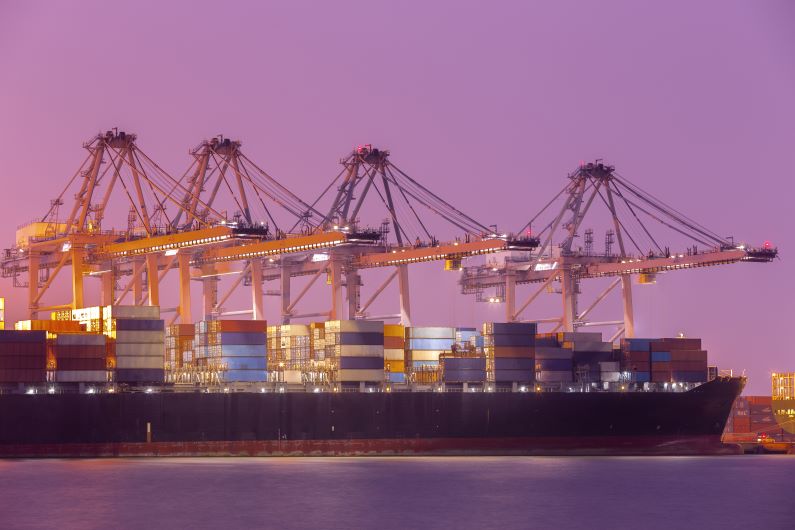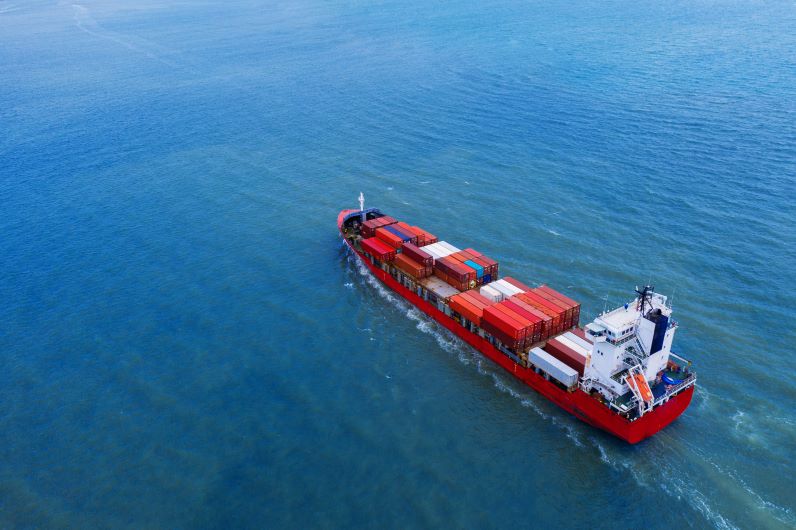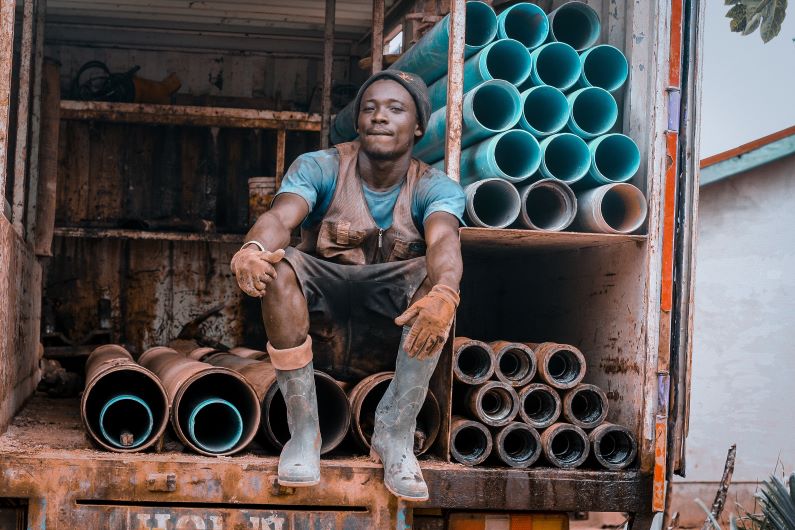
Caption: Policy uncertainties surrounding trade instruments have cast doubt on the viability of protectionist measures.
In a recent episode of Podcasts From the Edge, Peter Bruce of the Business Day engages in a conversation with trade expert Donald MacKay from XA International Trade Advisors, delving into the intricate dynamics of trade in South Africa. This is Part 1 of a five-part article.
The focus of their discussion revolves around the prolonged use of import tariffs, their impact on domestic companies, and the efficacy of trade policies under the stewardship of Minister Ebrahim Patel.
MacKay points out that most import tariffs safeguarding South African companies have persisted for over two decades. This longevity raises questions about the competitiveness of protected industries. Despite the intent to nurture local businesses, the reliance on trade instruments wielded by trade minister Patel has led to skepticism within the business community.
Under Patel’s tenure, companies seeking protection must commit to job creation, while importers face stringent conditions, including pledging to source locally should domestic alternatives become available. Moreover, Patel’s vision involves fostering heavily subsidised black industrialists who could potentially replace imports entirely—a strategy that some view with skepticism.
The conversation turns to XA International Trade Advisors’ recent report titled ‘Fourth Import Duty Investigation Report’, which highlights concerning trends in South Africa’s trade landscape. MacKay explains that the report stemmed from growing concerns over the protracted duration of tariff investigations. Over the past two decades, the efficiency of the International Trade Administration Commission (ITAC) has declined significantly, adversely affecting the country’s ability to leverage tariff instruments for competitiveness or protection against foreign competition.
The deteriorating performance of ITAC underscores South Africa’s diminished capacity to address trade challenges effectively. Tariff instruments, once vital for enhancing competitiveness and safeguarding local industries, have lost their potency. This situation poses a significant hurdle to the country’s economic progress and industrial development.
On the repercussions of prolonged tariff investigations, MacKay elaborates on their adverse effects. The extended processing times exacerbate uncertainty for businesses seeking protection or relief from foreign competition. This delay hampers strategic planning and undermines the efficacy of trade policies, ultimately impeding economic growth and industrial expansion.
Despite the government’s efforts to support local industries, the bureaucratic inefficiencies and policy uncertainties surrounding trade instruments have cast doubt on the viability of protectionist measures. As South Africa grapples with the challenges of globalisation and economic restructuring, addressing these systemic issues becomes imperative for fostering sustainable growth and competitiveness.
In conclusion, the dialogue between Bruce and MacKay underscores the urgency of revitalising South Africa’s trade policies and institutions to adapt to evolving global dynamics. By streamlining tariff investigations and enhancing policy clarity, the country can unlock its potential for economic revitalization and industrial rejuvenation.
Continued in Part 2…
More news
- PART 2: CONCRETE IN THE DESIGN OF A UNIQUE LUXURY HOME IN GEORGE, SOUTH AFRICA
- PART 1: CONCRETE IN THE DESIGN OF A UNIQUE LUXURY HOME IN GEORGE, SOUTH AFRICA
- MVULE GARDENS, AFRICA’S LARGEST 3D-PRINTED AFFORDABLE HOUSING PROJECT
- PART 3: HARNESSING THE POTENTIAL OF HIGH SULPHUR FLY ASH IN CONCRETE PRODUCTION
- PART 2: HARNESSING THE POTENTIAL OF HIGH SULPHUR FLY ASH IN CONCRETE PRODUCTION





